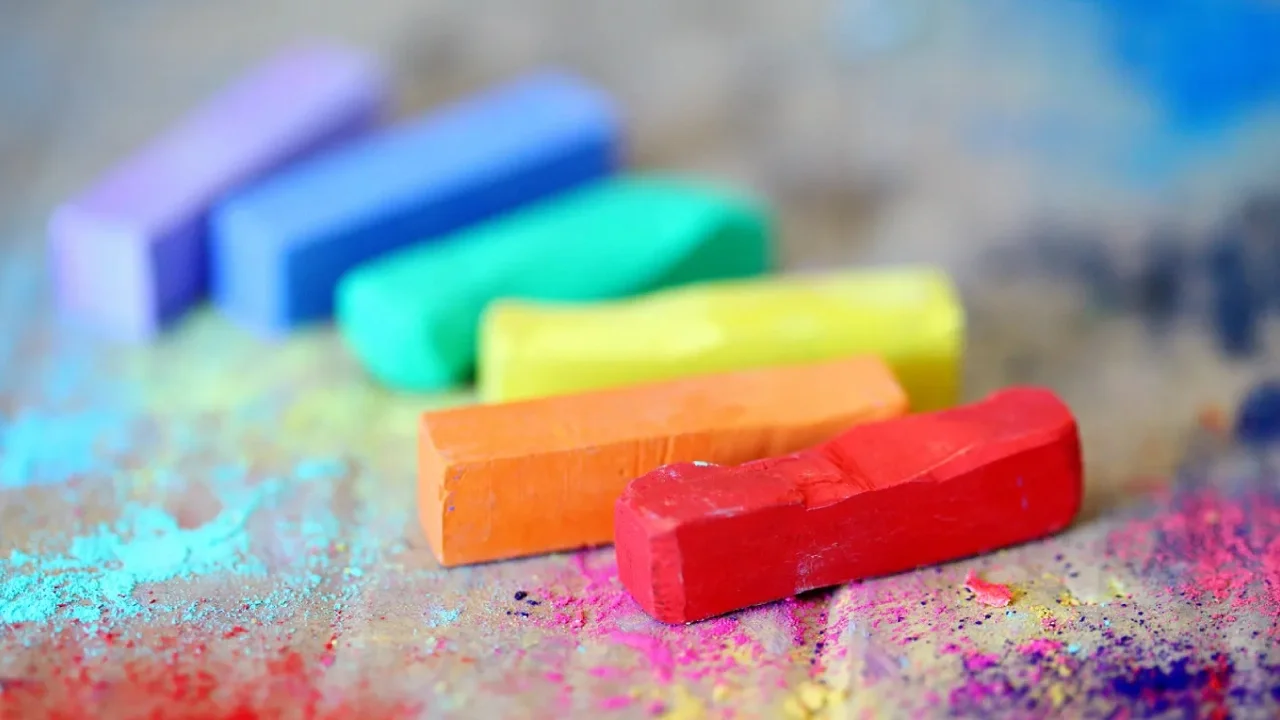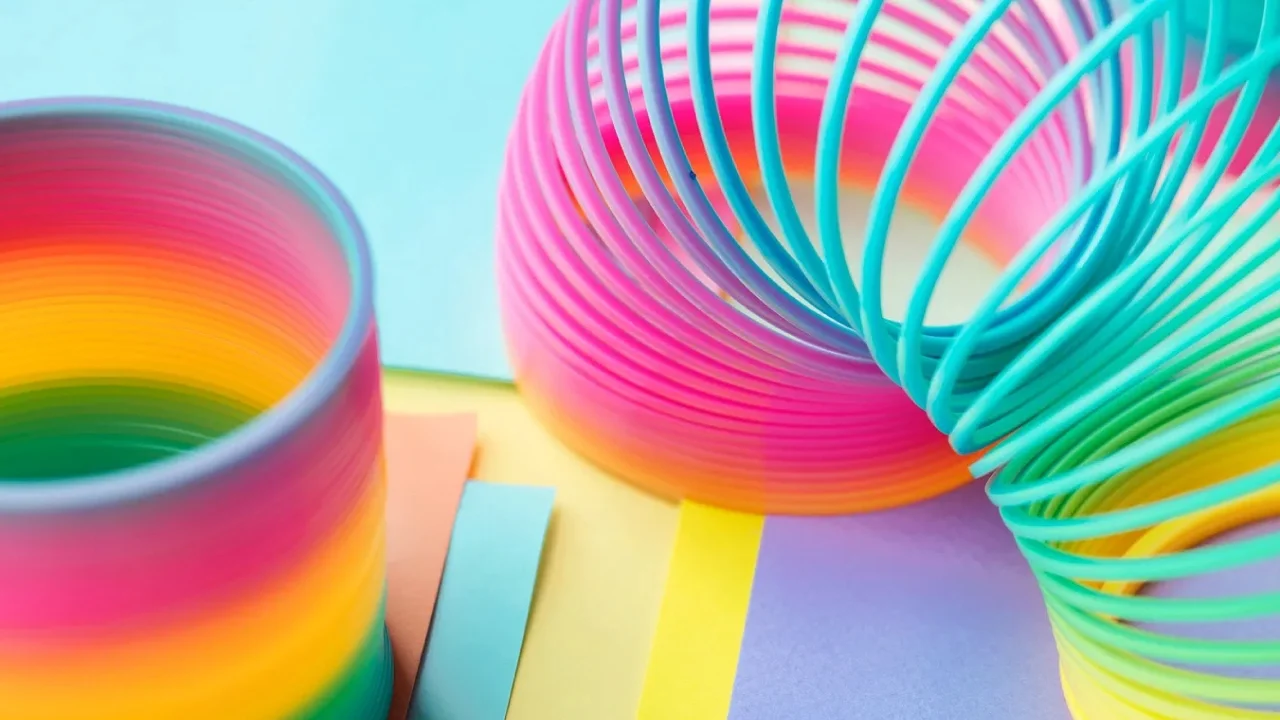The Healing Power of Play
During childhood, we are encouraged to play by everyone around us. It is a healthy part of growing up and we don’t even question why we do it. It’s simply inherent in our being.
Something that instinctively nourishes our soul. We are in a state of awe and wonder at the world, while we explore and follow our curiosity to make sense of everything that is happening around us. A place where we don’t have to impress anyone and spend our time only with what naturally sparks our curiosity. We are not concerned with a specific outcome, we play for the sheer enjoyment of it.
As we grow up we absorb the beliefs around us and some become so ingrained that we eventually take them for the truth. We’re told that in order to be successful we must hustle, work hard and overcome struggles. That if something doesn’t work, we must push harder. It is all about doing more, instead of decreasing our workload and taking the time to actually breathe. And sometimes these beliefs become so familiar to us, that we can’t even fathom them being false. It’s all we’ve ever been told to believe.
Education often emphasises these viewpoints and by the time we enter a career path, we put ourselves under so much pressure to succeed that we have no time for play. We have no time to waste on what feels like a fruitless activity without purpose. Meanwhile, our mental and physical well-being suffers from chronic overthinking, perfectionism, and stress. We tell ourselves that it’s not meant to be easy, that anything worthwhile should be tough.
Achievement and Self-worth
But where does this pressure to succeed come from? Often we want to validate our sense of self-worth. Our ego lives for applause. To finally receive the love and appreciation we feel we are lacking and deserve. A confirmation that we are indeed, good enough. What we don’t realize is that simply being can be our purpose. We don’t need to do or become anything to deserve that elusive sense of happiness we so deeply long for.
What if we are genuinely enough even before we have achieved anything at all?
Without the need to prove ourselves, the performance pressure unwinds. We are not relying on an outcome to make us happy, so we can actually breathe and create from a place of being whole already. Somehow this approach allows us to embrace failure in a new way. When we already have enough, there is nothing to lose.
Outcome vs. Process-focused Goals
When we mindfully shift our perspective, the way we approach our goals also changes. Traditionally we would focus on an outcome to be the confirmation of our success. The goals would be specific, measurable, and non-negotiable. We assume that we know where we are going and there seems to be less focus on the way we actually achieve our desired outcome.
Alternatively, we can have process-focused goals which view each stage as an intrinsically rewarding experience. In fact, we might not know exactly where we are going, it is more a sense of direction than a precise destination. We allow for more intuitive experimentation. We just have to begin, take one step at a time and trust that the outcome is something that will arise naturally. It’s that joyful place where we can create not fuelled by our past suffering but from pure expression in its most truthful form. Without limitations and expectations of what it should become.
Flow and Creative Constraints
When we play, we often cultivate the conditions for creative flow. It’s that state of mind in which we are so completely immersed in a task that we forget about time, that critical voice in our head fades, and we create in a way that feels effortless and light. We can be focused and clear on our goals, yet find the process rewarding in itself.
“A state in which people are so involved in an activity that nothing else seems to matter; the experience is so enjoyable that people will continue to do it even at great cost, for the sheer sake of doing it.” – Mihaly Csikszentmihalyi
How We Can Use Play and Flow States as Creative Tools
To provide a sense of structure to our play and avoid overwhelm, we can set creative constraints within our practice. We can challenge ourselves to create with an array of limited tools. For example, a painting made from only blue and purple paints. We can set timers to give ourselves a limited window in which we can complete a task. To pretend that we are writing only for our own eyes, as a way to hone our craft. The aim of the activities is always inherently to play and see what arises. We are not focused on quality but on the deliberate practice of the craft. A deliberate expression of our own unique voice. And often this easing up of pressure gives us the space to come up with new ideas.
On occasion, we can feel lost on the empty canvas as if we have nothing to say. But we must see this as the silence between musical notes, it’s natural and somehow inevitable that it will become a song. It’s a free flow of ideas just waiting to come out and play. We are what we repeatedly do. And like anything else, mastery is cultivated through repetition, through action. So schedule some time this week for guilt-free playtime. It might just make everything else a little easier.
Art Therapy and Play
Play is a vital component of art therapy. By allowing ourselves to experiment with an attitude of curiosity, we are able to transcend the rigid thought patterns that keep us stuck in loops. We are able to explore new perspectives and behaviours in a safe way, helping us to release emotions, and promoting self-discovery. We are able to get to know ourselves in a new way.
Are you curious to try art therapy? You can book a free 15-min intro call with me here to learn more.

